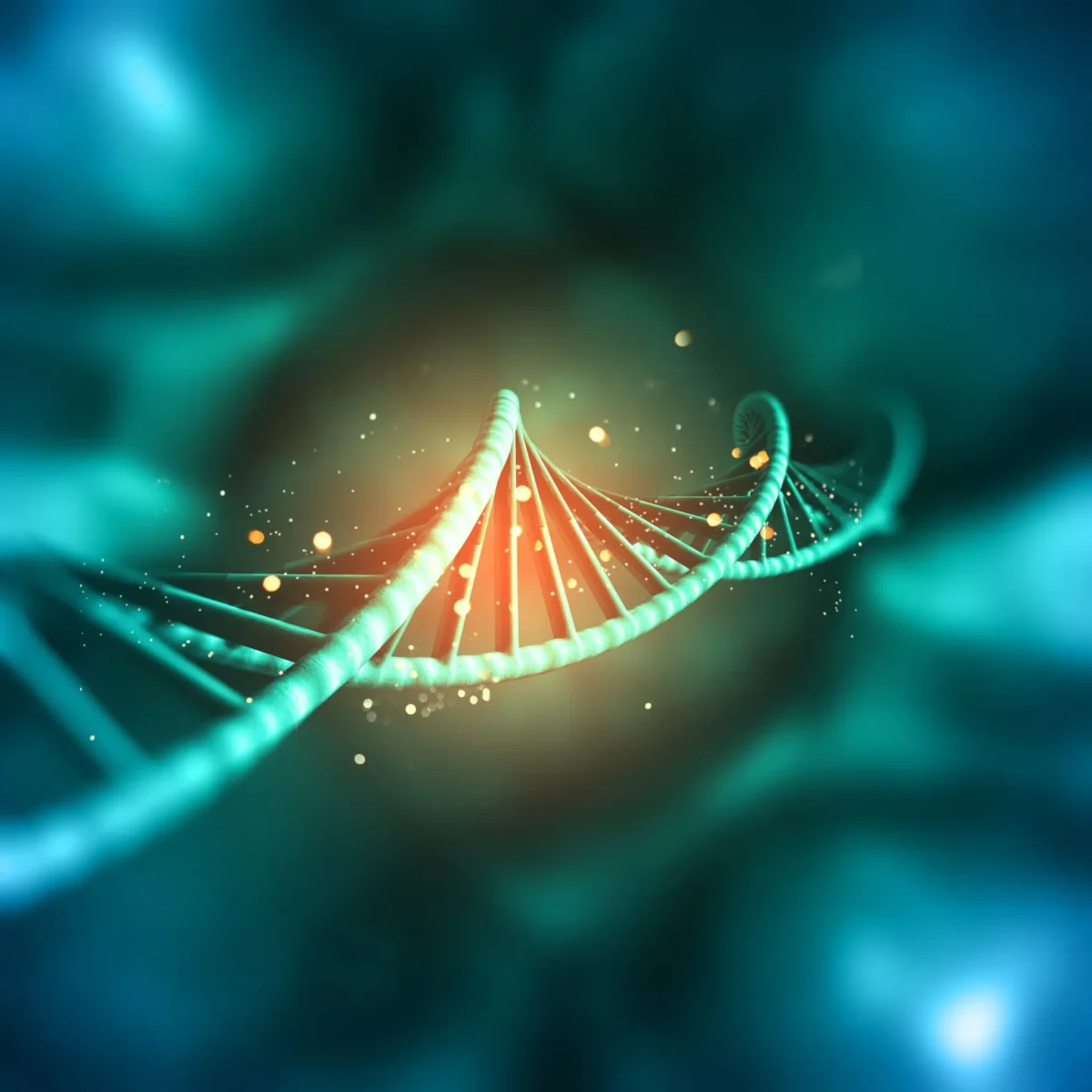Discoveries by a COST Action linking genetic make-up with the risk of colorectal cancer have been published in the British Journal of Cancer – reaching some 9 million scientists and resulting in the creation of a new COST network.
Colorectal cancer is among the most common of cancers. This year alone, it has claimed nearly 880 800 lives and over 1.85 million new cases have been reported around the world.
The COST Action ‘Cooperation Studies on Inherited Susceptibility to Colorectal Cancer’ furthered understanding of how people’s genes impact their chances of developing the potentially fatal disease.
The research tapped into sample population studies in 23 countries, which included more than 50 000 patients with colorectal cancer and 50 000 who were free of the illness. It identified additional genetic variants linked to disease risk, as well as new hereditary genes – findings that could help improve screening and save lives.
Making headlines
Above: Click the article to see more
The Action, completed in April 2017, has had significant influence. Four related scientific publications and an editorial appeared in the renowned British Journal of Cancer, with some of the papers reaching an audience of at least .
“The British Journal of Cancer papers were simply an example of the research developed by the consortium,” says Action chair Sergi Castellvi-Bel of the August Pi i Sunyer Biomedical Research Institute in Barcelona, Spain. “However, being able to publish in such an important oncology journal with an accompanying editorial considerably raises the impact.”
Articles featured in reputed publications are reviewed with more enthusiasm than those appearing elsewhere, he says, highlighting their importance in dissemination – and creating momentum.
“The wider the reach the better,” Castellvi-Bel says, noting the Action’s papers – which were published as a result of the network’s Final Action Dissemination Grant – made waves because they focused on “hot” topics.
The editorial and two of the papers were published in October 2018, with the other two appearing several months earlier and in 2017.Comprising 168 participants from 23 countries, the Action also resulted in the publication of a further 26 scientific articles targeting both the scientific community and the general public.
The Action’s findings are likely to have far-reaching benefits for people predisposed to contracting the cancer. For example, as with breast cancer, variants identified through genetic association studies could soon be used in screening programmes to predict a person’s risk of developing the disease, says Castellvi-Bel.
Meanwhile, the identification of new hereditary genes linked to colorectal cancer is key for families with a history of the disease since it makes it possible to determine which relatives are at risk of becoming ill, he adds.
Taking it to the next level
Building on the success of the first network, Castellvi-Bel is now chairing a second COST Action – ‘Identifying Biomarkers through Translational Research for Prevention and Stratification of Colorectal Cancer’ – which kicked off in early October 2018. In part, it focuses on genetic profiling of tumours and innovative liquid biopsies aimed at detecting colorectal cancer by means of a blood sample.
“I believe every working group could become an independent COST Action,” says Castellvi-Bel. “Since the four groups embrace ample objectives, the possibility of more breakthroughs is higher.”
The new network – which grew out of the first – will also work on novel therapies and use the genetic variants identified in the first to improve screening programmes.
The Action has met with much interest and, several weeks in, already boasts 273 participants from 25 countries, making it much larger than its predecessor.
In addition to genetics experts, it includes participants with know-how in bioinformatics, cell and molecular biology, microbiology, immunology, biostatistics, epidemiology, the health economy, and small and medium-sized enterprises.
Castellvi-Bel credits COST with facilitating cooperation between scientists in the international colorectal cancer community and, by extension, enabling access to large data pools. This, he underscores, is crucial to replicating results of studies and ensuring they are truly credible.
“The key in science right now is collaboration, especially in genetics,” he concludes.

